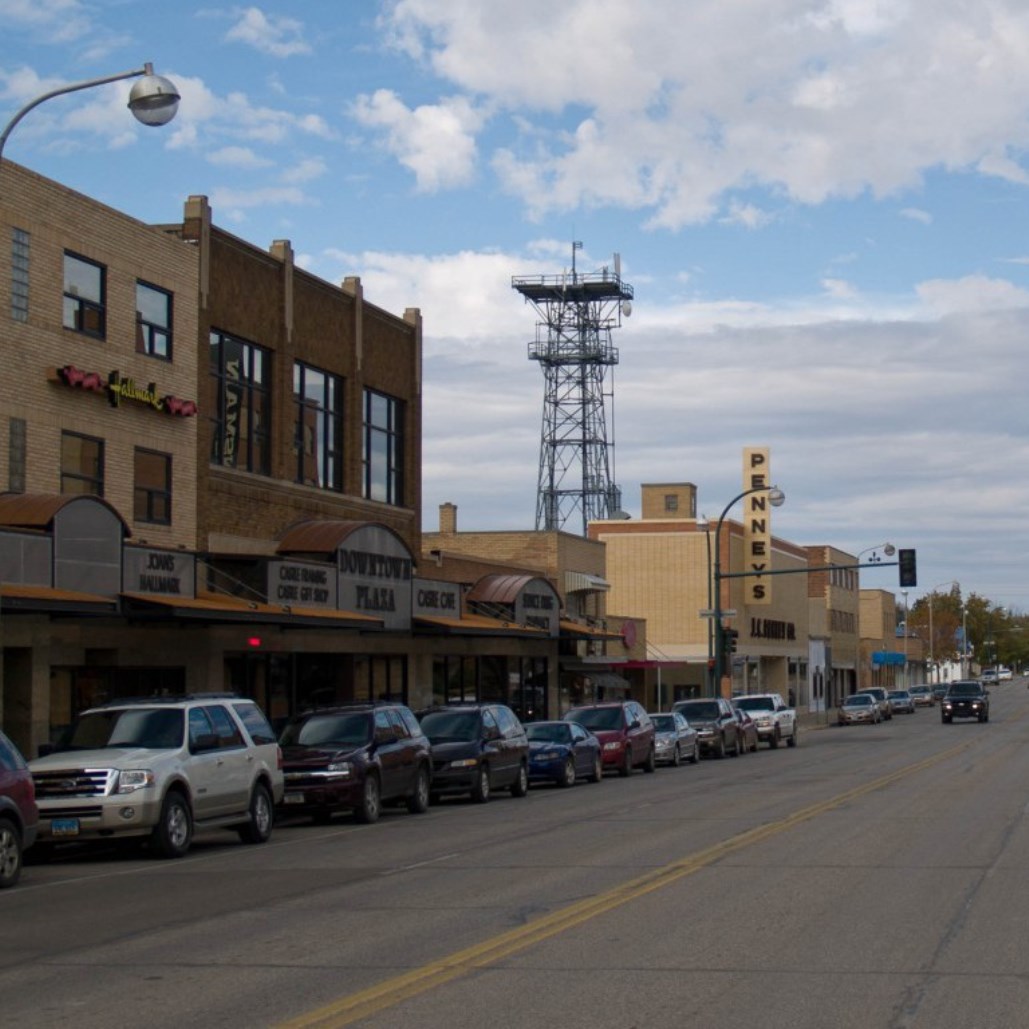
The National Federation of Independent Business (NFIB) Tuesday morning reported that its small business optimism index for March slipped by 2.9 percentage points from 107.6 in February to come in at 104.7. The consensus estimate from economists called for the index to decrease by 0.6 percentage points to 107.0.
The February index was the second-highest ever, trailing only the 108 reading posted in 1983. For 2017 the average monthly index was 104.8, the highest ever. The previous annual record was 104.6 set in 2004.
The four “hard” measures of the index posted mixed results last month. The job creation component rose two points month over month in March to 20%, the job openings component rose a point to 35%, capital spending plans fell three points to 26% and inventory investment plans also fell three points to 1%.
Some 33% of small business owners reported raising employees’ pay in the past three months. That’s up 2 percentage points on a seasonally adjusted basis from February’s total, which was the highest since 2000. Since January of 2017, net compensation changes have increased by 3 percentage points. Some 19% of small business owners are planning to raise wages in the next three months, down three points month over month and five points more compared to March 2017.
In its comments on the report, NFIB noted:
The big picture remains solid, with small firms as optimistic, and inclined to spend and hire as they have ever been. Tax cuts will start to impact firms directly and positively impact their customers. Economic growth will continue to be strong and that will spur more capital investment and hiring on Main Street.
The NFIB reports that 35% of business owners currently have positions open that they are unable to fill (up one point month over month and four points more compared to March 2017) and that 47% said there were few or no qualified applicants for the open positions, unchanged from the prior month’s total and up two points compared to March of last year.
Business owners said their single most important problem is quality of labor (21%) followed by government regulations and red tape (14%) and taxes (13%). Competition from large businesses and poor sales were the third most-cited problems (11%). The least important problems are inflation (1%) and financing/interest rates (2%).
Take Charge of Your Retirement In Just A Few Minutes (Sponsor)
Retirement planning doesn’t have to feel overwhelming. The key is finding expert guidance—and SmartAsset’s simple quiz makes it easier than ever for you to connect with a vetted financial advisor.
Here’s how it works:
- Answer a Few Simple Questions. Tell us a bit about your goals and preferences—it only takes a few minutes!
- Get Matched with Vetted Advisors Our smart tool matches you with up to three pre-screened, vetted advisors who serve your area and are held to a fiduciary standard to act in your best interests. Click here to begin
- Choose Your Fit Review their profiles, schedule an introductory call (or meet in person), and select the advisor who feel is right for you.
Why wait? Start building the retirement you’ve always dreamed of. Click here to get started today!
Thank you for reading! Have some feedback for us?
Contact the 24/7 Wall St. editorial team.


